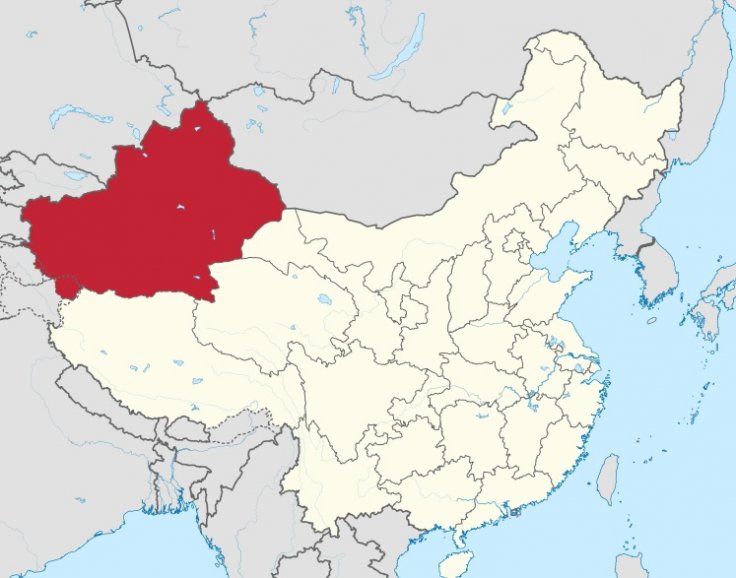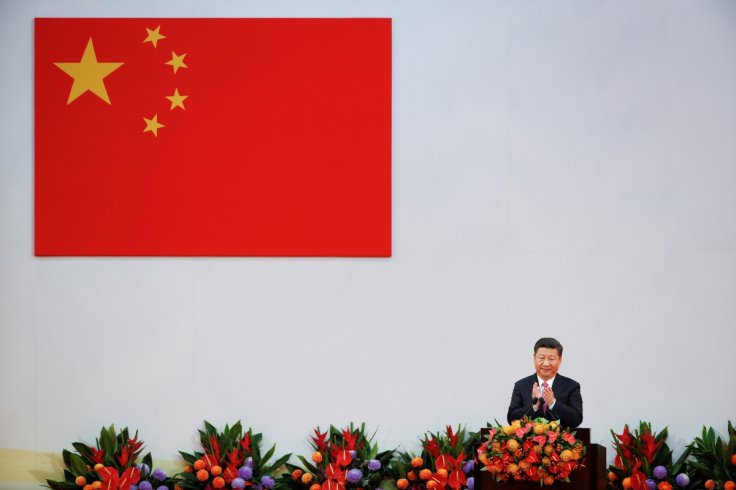The persecution of Uighur Muslims in China is old news. Claims abound of detention of over a million Uighurs in camps meant for their 're-education' and severe restrictions on the practice of their religion. However, this streak of authoritarianism may have reached a new height if the latest claim is to be believed.
According to a news report by Radio Free Asia (RFA), Chinese authorities have constructed a public toilet at the spot where a mosque once stood and was demolished by the government. This incident is reported from the city of Atush in Xinjiang Uighur Autonomous Region (XUAR), popularly known as Xinjiang.

Mosques Under Attack
The Tokul mosque was destroyed as part of an infamous program known as 'Mosque rectification' that began in 2016. It was demolished in 2018 and the construction of the lavatory seems to be a deliberate act of emotional aggression against the Uighur Muslims. According to the residents in the area, there was no great need of a public toilet in the area.
"People have toilets at home, so there weren't any problems like that," one resident of the region stated. It was also pointed out that the area where the mosque stood is not a tourist destination and doesn't receive too many visitors.
Other Brazen Acts
This mosque isn't the only one that has fallen prey to this campaign. According to people contacted by RFA, some other mosques have also been treated with great disrespect by the authorities, beyond their destruction even.

Previously, a mosque in the same area – the Azna Mosque – was also demolished and replaced with a store which, among other things, sells alcohol, a highly condemned commodity in Islam. This too is seen by locals, aggrieved greatly by several prohibitions on their free practice of religion, as a gratuitous act to undermine their identity and values.
Basic Problem
The problem with Xinjiang has persisted for a very long time within the Communist regime of China. The irreligious ideology of the state is at odds with the devout nature of Uighur Muslims. The keenness of the Chinese regime to inculcate a cultural homogeneity among its people has led to several conflicts in minority ethnic regions of what is modern-day China.
The 're-education' camps were started with the stated aim of bringing people who have turned towards the extremist interpretation of Islam back into the moderate fold. However, many see this as a violent tactic to punish dissenters into accepting the state's view – a tactic used infamously during the Cultural Revolution.









